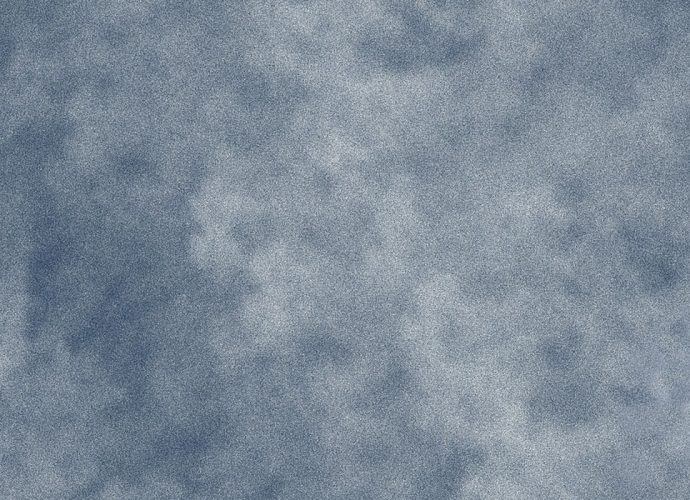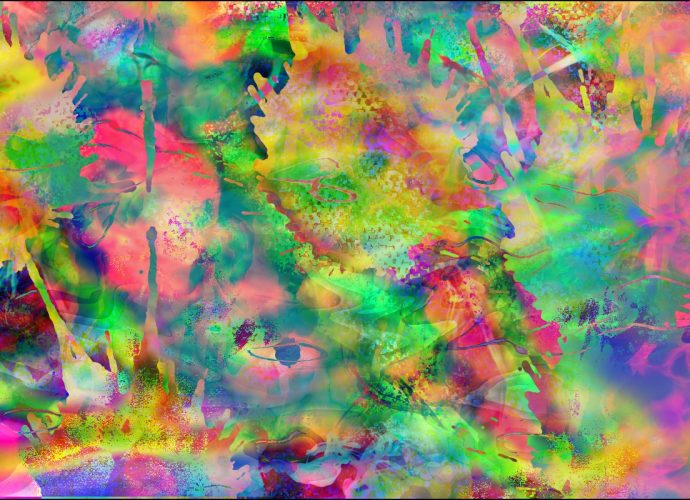What To Do If A Student Has A Seizure In Class?
They should: Maintain a calm tone to keep other students from panicking. Reassure and comfort the student if they experience confusion or fear following the seizure. Allow the student to remain seated in the classroom until awareness returns. Allow the student quiet rest time following the seizure. Are you supposedRead More →






